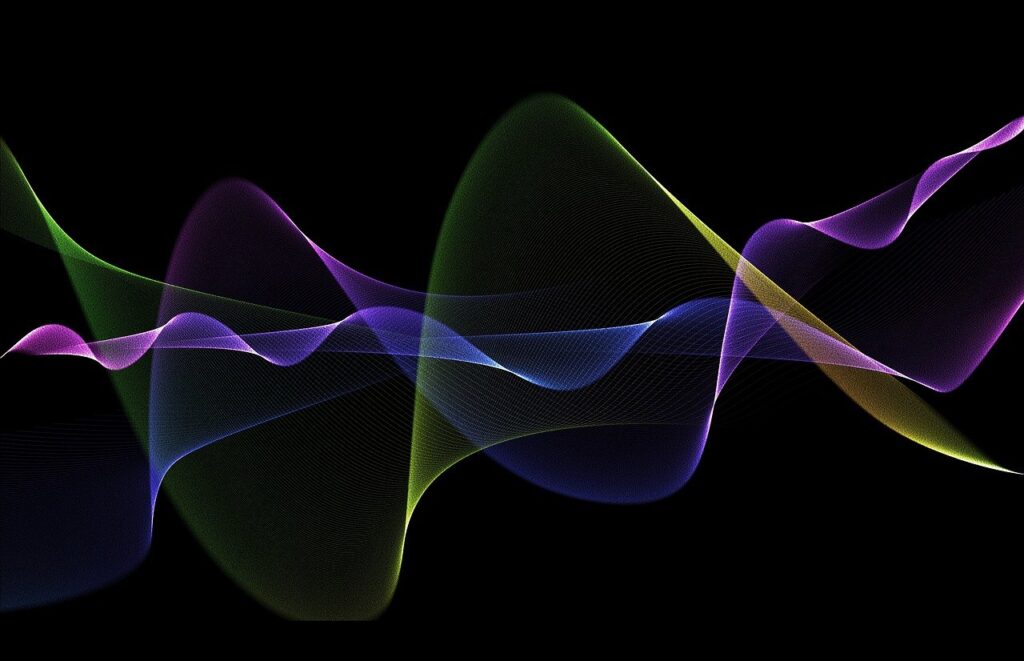The prevalence, capabilities, and use of artificial intelligence (AI) have become major talking points over the last few years, with ChatGPT bursting onto the scene to give everyone pause for thought. Whether it’s trying to detect its use in a student’s essay or working out just how convincing it can be to the unsuspecting, the program is clearly very advanced and furthers our run into a future many science fiction stories have outlined.
For now, however, AI is quite singular in its capabilities, with software specifically built to master certain tasks. According to Ray Kurzweil, though, by 2029 a model of AGI (Artificial General Intelligence) would be able to match or surpass humans in a range of cognitive tasks, like learning and adapting new skills, understanding human reason, and having situational awareness of a kind.
Were this to be the case, could AI achieve something that’s had programmers stumped for years, and could it have the ability to produce something that’s truly random?
The State of Randomness
As it stands, the vast majority of randomness anyone will experience through digital applications will be what’s known as pseudo-randomness. These pseudorandom number generators are very good at mimicking randomness, using an algorithm that approximates what a true random generator would produce, but they can be reverse-engineered with sufficient programming.

This is to say that a pattern can be found if you look hard enough.
A baseline program producing this kind of randomness is perfectly suitable when people want to be presented with a random option from a set or to shuffle through a playlist, for example. Where it needs to be to a higher standard of randomness is in applications where true randomness or something that’s very close to true randomness is preferable.
This is the case in cryptographic security apps and, naturally, in the world of online casino gaming. Much of the entertainment value and fairness of the 20 slots in the UK comes from the degree of randomness that produces each result. Naturally, there are elements programmed in to determine elements like volatility and feature frequency. Within those parameters, however, the results need to be seen to be as random as possible to ensure player satisfaction and enjoyment.
Can AI Enhance Randomness?
On the face of it, AI is a program, and as a human has to program a program with an algorithm, it seemingly can’t ever break past being pseudorandom into the realm of true randomness.

However, we have already discovered ways to produce truly random results by drawing from unpredictable processes like atmospheric noise. Still, as this 2011 answer from MiT details, the results can still be slightly biased.
If Kurzeil’s predictions are correct and AGI can all but replicate human cognitive tasks by the end of the decade, then perhaps it would be able to generate truly random numbers. After all, in studies, humans have been found to be able to produce random numbers as those generated didn’t follow a pattern and were unpredictable. Already, AI can produce some unexpected outcomes, so maybe it wouldn’t be a huge leap.
Random number generators in programmed software have long been somewhat of a paradox, but with AI advancing at breakneck speed, perhaps a true RNG powered by AI is on the horizon.



